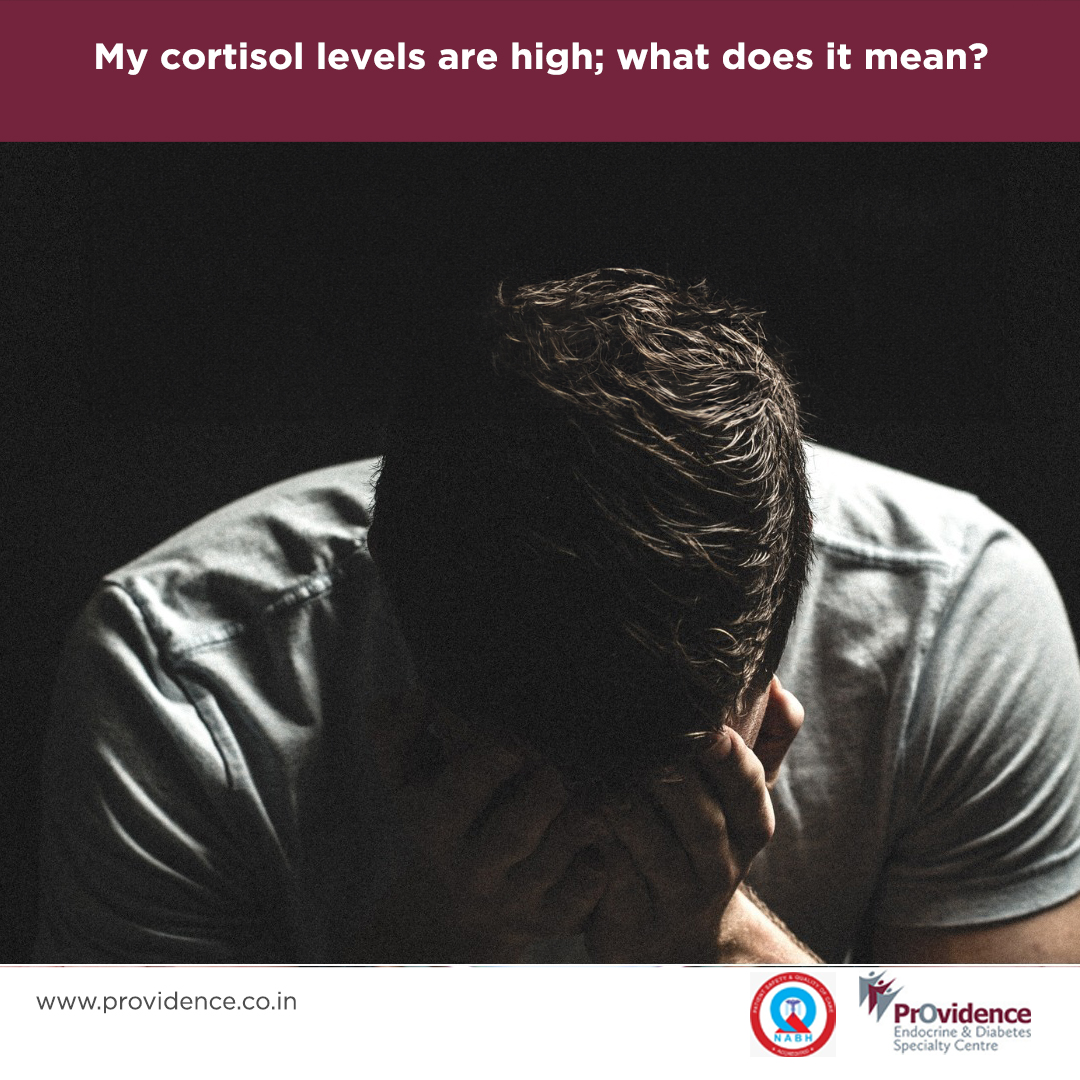Cortisol, referred to as the “stress hormone,” is essential in managing stress, regulating blood sugar, and maintaining blood pressure. The body releases cortisol during various types of stress, such as short-term, long-term, or traumatic stress. Persistently high cortisol levels may indicate health concerns.
Hypercortisolism, or elevated cortisol levels, can result from chronic stress, adrenal gland disorders like Cushing’s syndrome, prolonged use of corticosteroids, or other endocrine issues such as pituitary tumours. Symptoms linked to hypercortisolism include weight gain around the abdomen and face, high blood pressure, fatigue, muscle weakness, mood changes, sleep disturbances, and decreased immune function.
To diagnose hypercortisolism, tests are conducted on blood, urine, or saliva for cortisol levels, ACTH levels are checked, and other relevant examinations are performed. Treatment varies according to the cause and may involve lifestyle modifications, medication adjustments, or surgery for tumours. If high cortisol levels are suspected, it is advisable to consult a healthcare professional for comprehensive evaluation and guidance.



